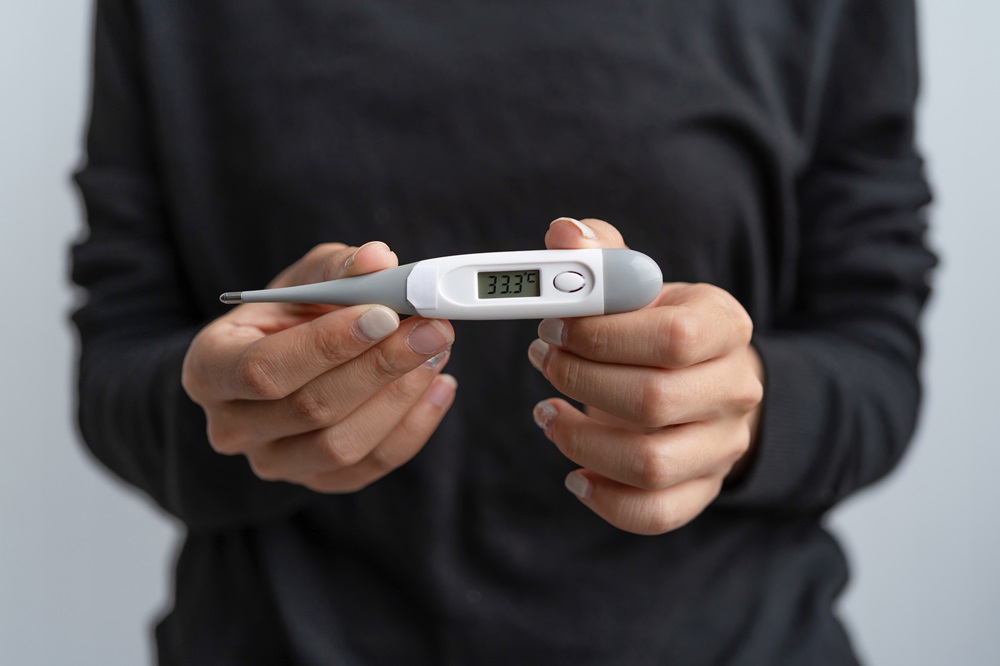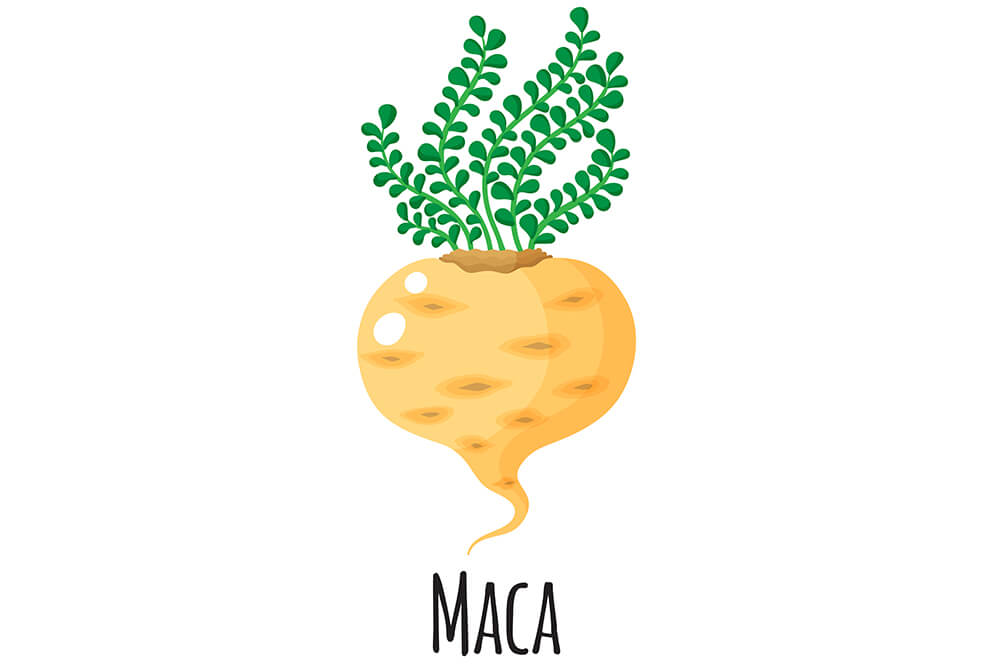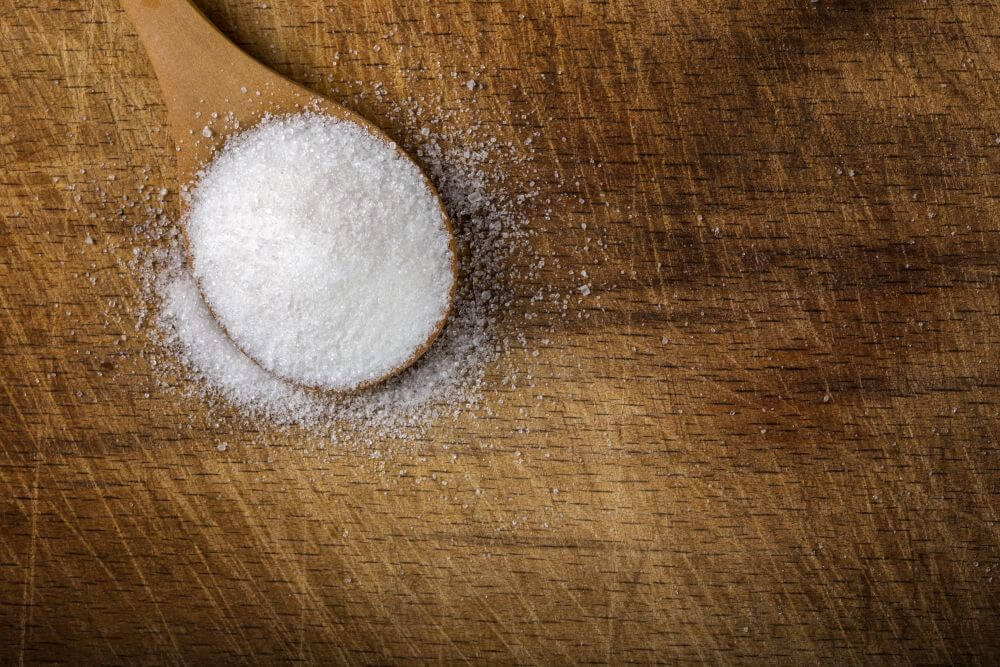
Folic acid not only during pregnancy. Effects and sources of folic acid in food.
Folic acid (vitamin B9) is commonly known as a vitamin for pregnant women. Not many people know that folic acid deficiencies can affect almost anyone.





Flaxseed is small seeds that can have a positive effect on the functioning of the human body. What is flaxseed good for?




